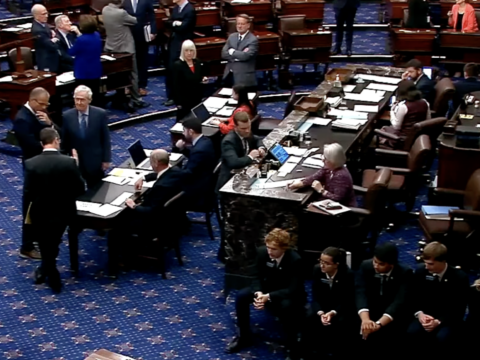SAN FRANCISCO (Diya TV) — Google has taken action against several Indian apps on its Play Store due to alleged violations of its policies. The list includes popular names like ALT Balaji, Bharat Matrimony, Naukri, 99 Acres, Kuku FM, Quack-Quack, Shaadi.com, Stage, Truly Madly, and Stage OTT. This move has sparked a dispute over service fee payments, potentially escalating tensions between Google and startup firms in India.
The controversy revolves around Google’s imposition of a fee ranging from 11% to 26% on in-app payments, following an order from India’s antitrust authorities to revise its earlier fee structure of 15% to 30%. Matrimony.com’s dating apps Bharat Matrimony, Christian Matrimony, Muslim Matrimony, and Jodii were among the apps removed on Friday, leading to company founder Murugavel Janakiraman describing the event as a “dark day of Indian Internet.”
Google initiated the removal of apps from 10 Indian companies on Friday, following a blog post earlier in the day where it highlighted the non-payment of fees by some established companies. Though Google did not disclose the names of these companies initially, reports revealed that notable apps such as Naukri.com, 99acres, BharatMatrimony, and Shaadi.com were among those delisted.
The dispute stems from Google’s policy of charging fees for in-app payments, which has been contested by Indian startups. Despite Google’s claims of providing a three-year preparation period for developers to comply with its policies, some firms continued to resist the fee structure. This led to Google’s decision to remove non-compliant apps from its platform.
In response to Google’s actions, Info Edge founder Sanjeev Bikhchandani stated that his company had adhered to Google’s policies and cleared all pending invoices on time. However, the removal of their apps suggests otherwise, prompting Bikhchandani to voice concerns over Google’s compliance with Indian antitrust regulations.
The removal of these apps from the Google Play Store could have significant ramifications for the affected companies, considering Android’s dominance in the Indian smartphone market. While some developers are evaluating legal options, others have expressed frustration over what they perceive as Google’s monopolistic control over the ecosystem.



